Literature Review: Social Media's Impact on University Learning
VerifiedAdded on 2022/12/21
|6
|819
|23
Literature Review
AI Summary
This literature review examines the role of social media as a learning technology for university students. It analyzes two key articles: Hussain, Cakir & Candeğer (2018) and Lytras et al. (2018). The first study, using a quantitative and descriptive methodology, explores social media's impact on student interaction, access to resources, and critical thinking. It identifies limitations in sampling but suggests a framework for future research. The second article, a meta-research paper, focuses on sustainability in education, integrating social network research and ICT. It employs a mixed method approach, including surveys and literature review, to assess the integration of technology in higher education. The findings highlight the importance of social learning, integrated use of ICTs, and the need for policy adjustments. Both studies emphasize the potential of social media to enhance learning experiences, while also acknowledging the need for more rigorous research and policy considerations. The review also highlights the limitations of each study, like the absence of randomization and data availability, suggesting future research directions.
1 out of 6
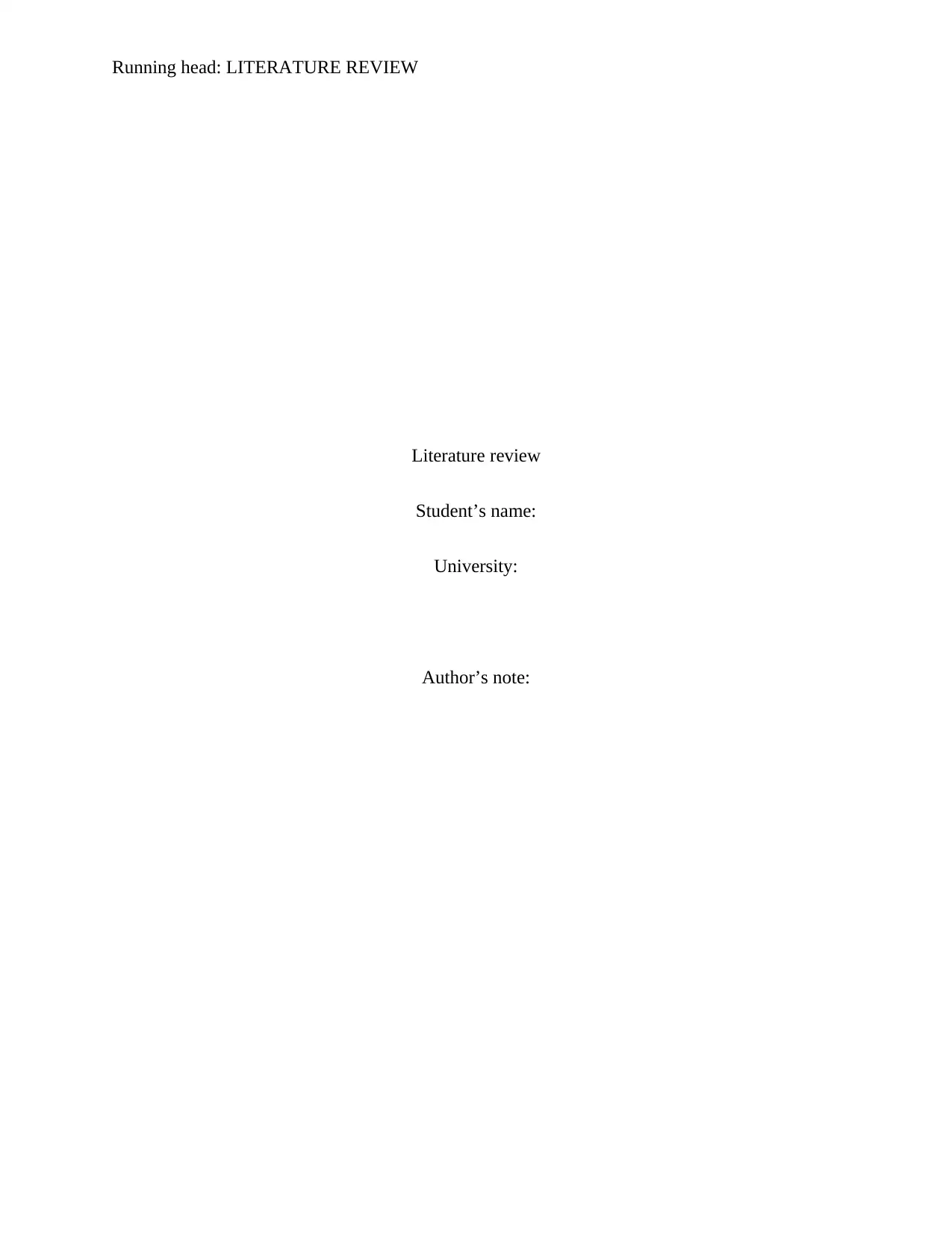
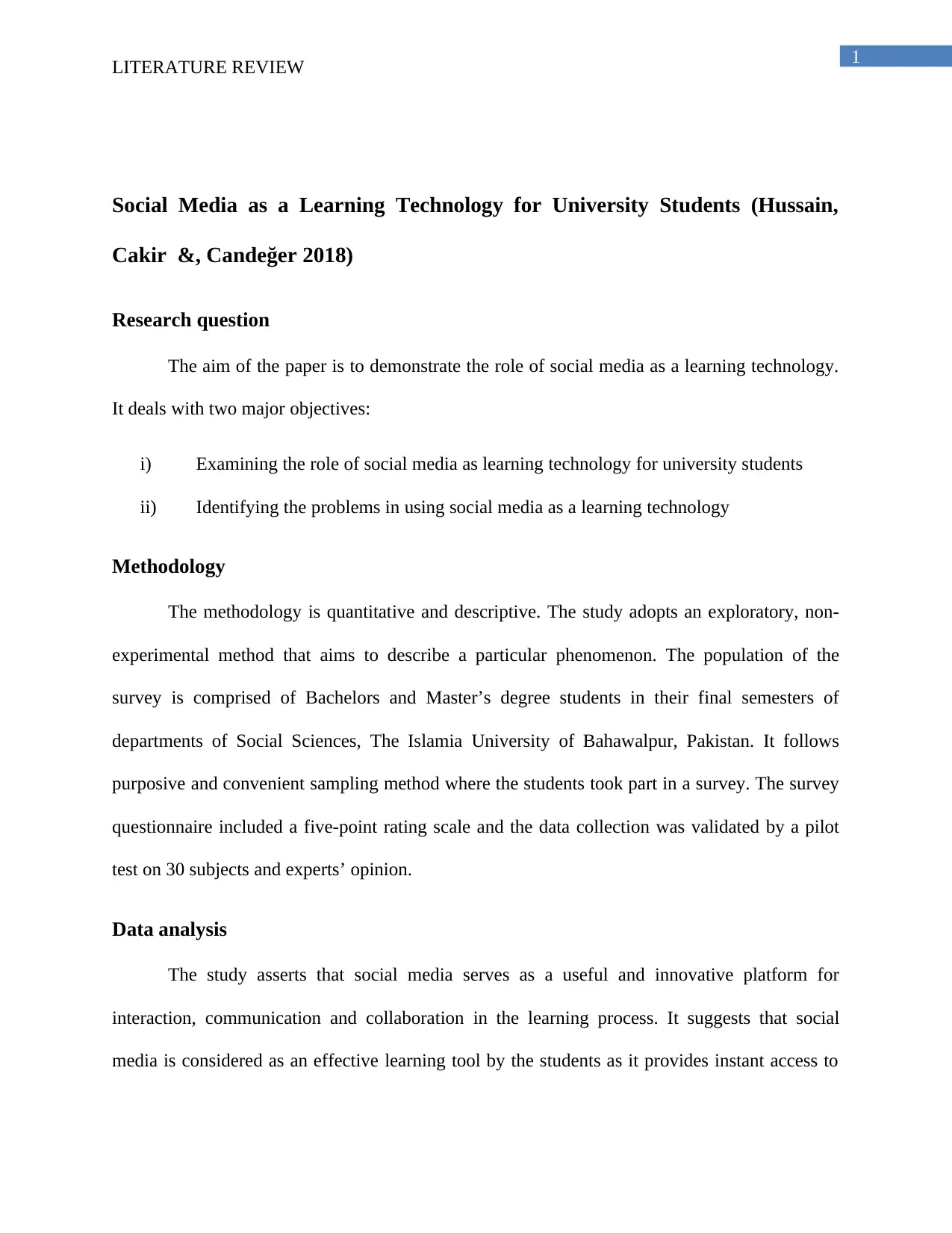
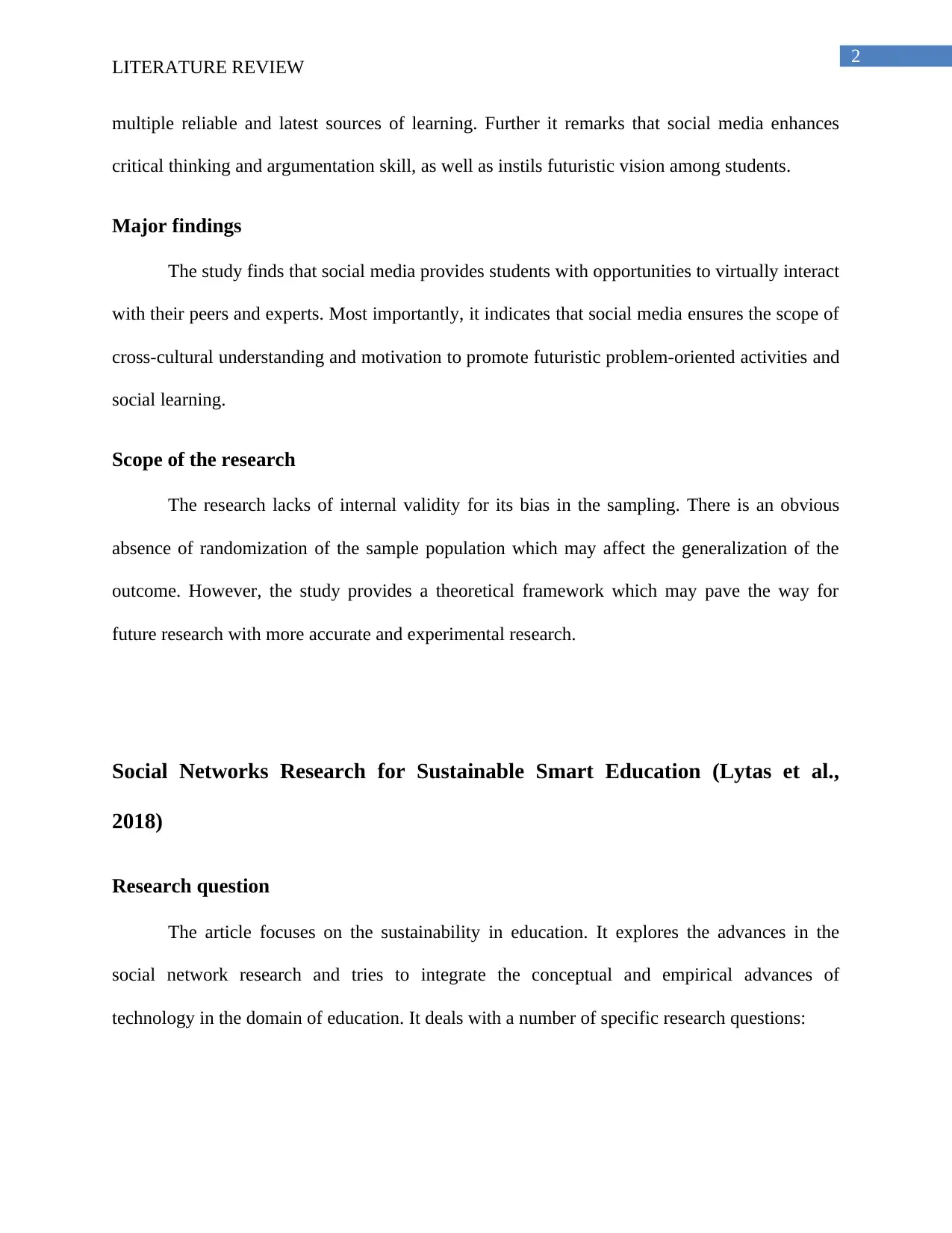

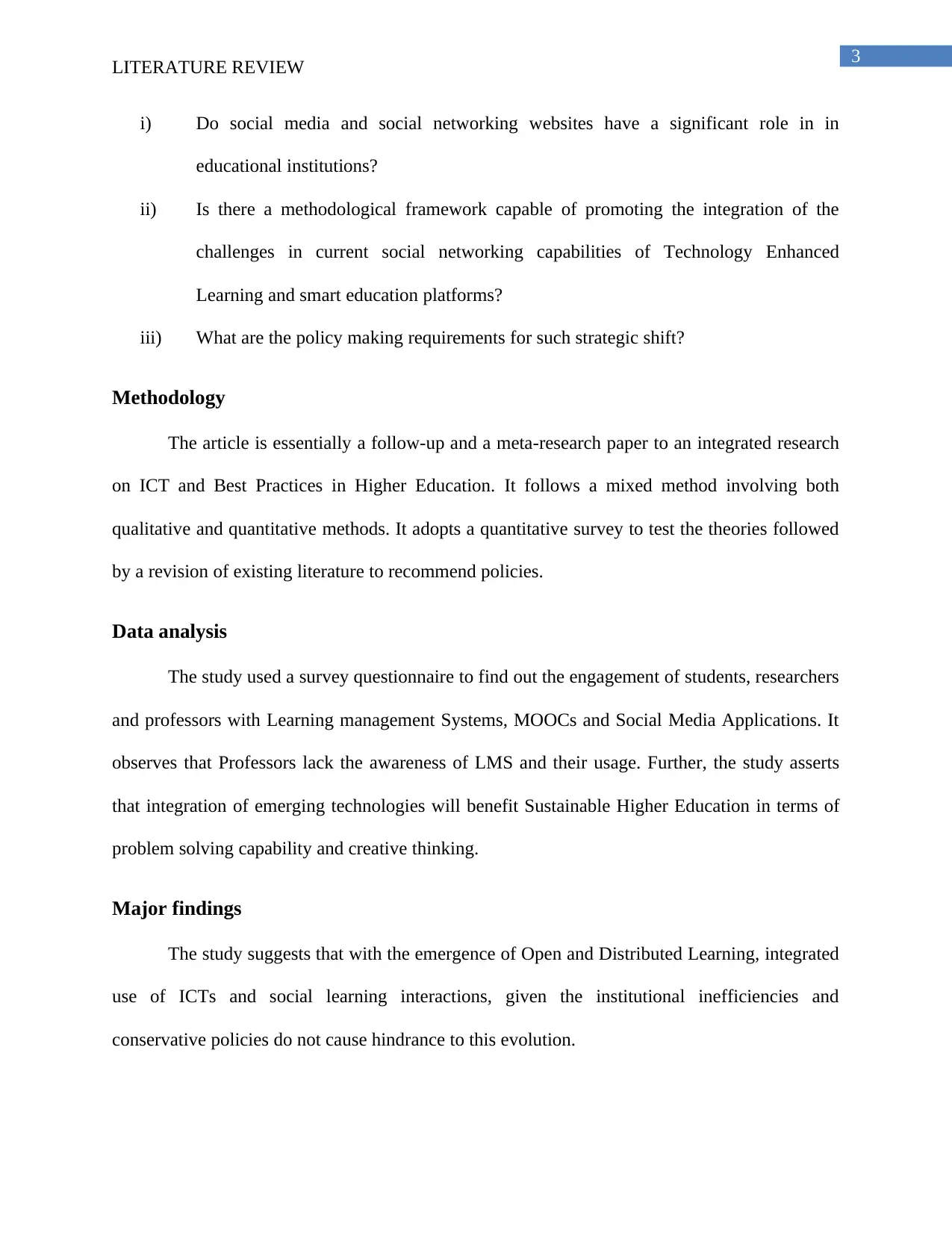
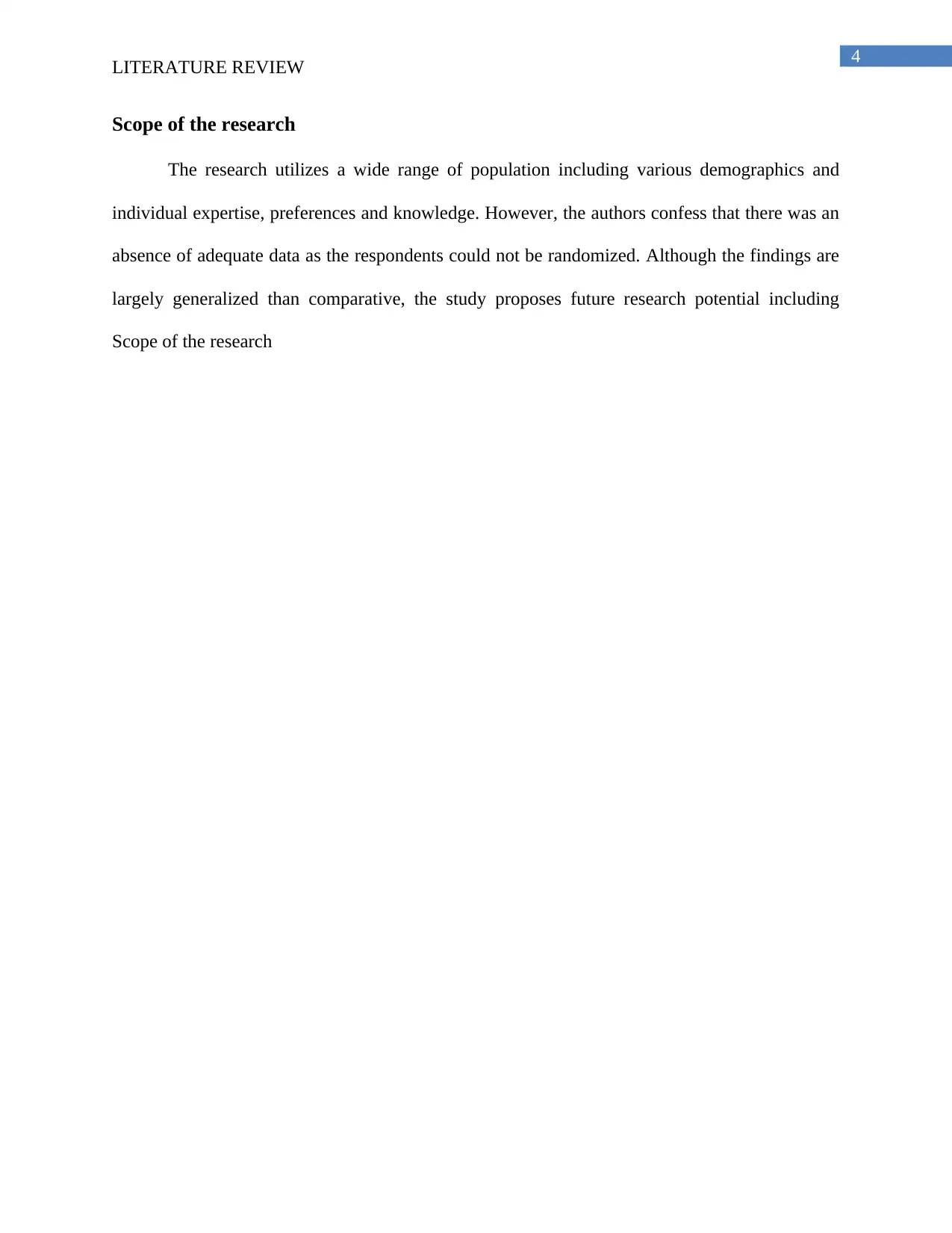
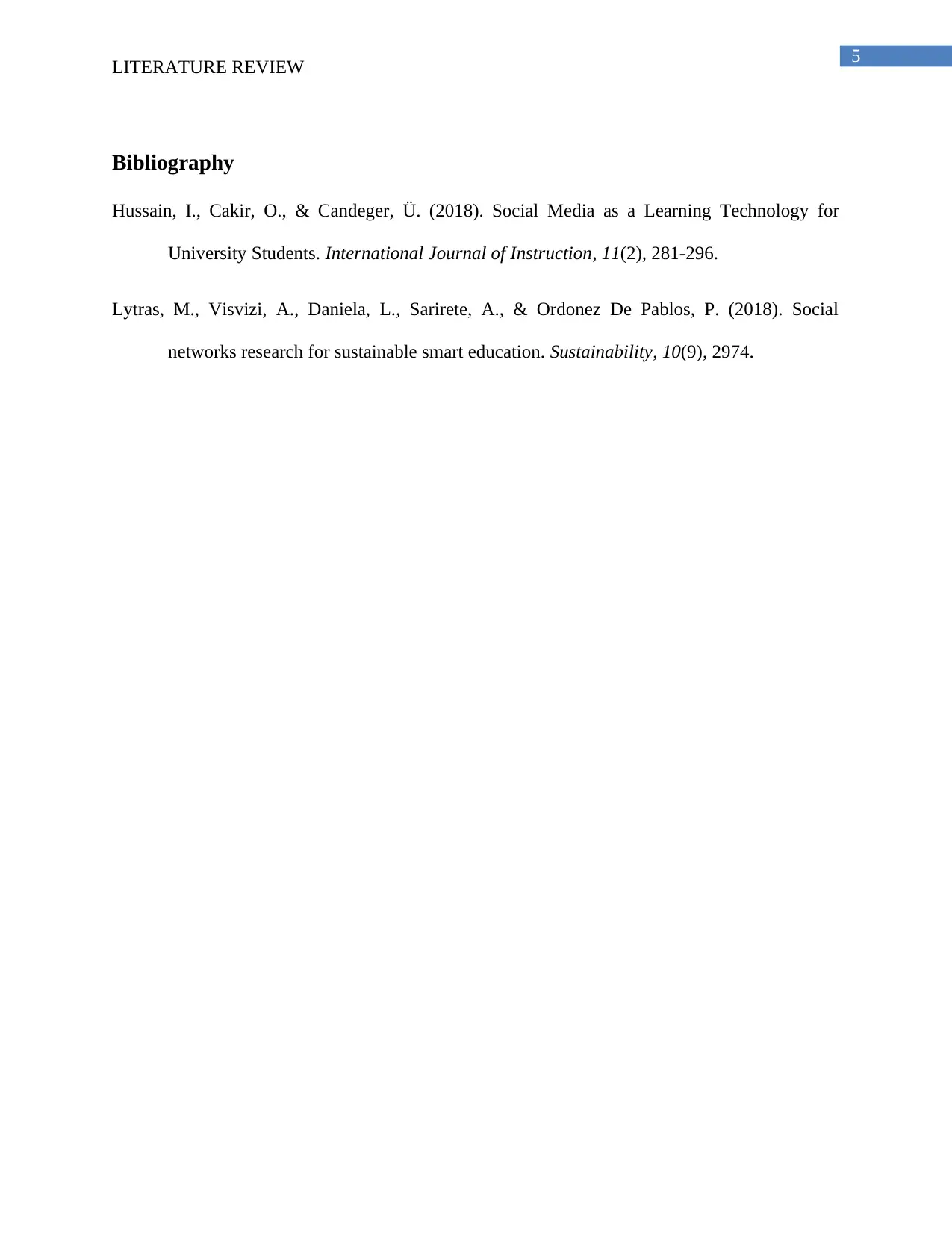






![[object Object]](/_next/static/media/star-bottom.7253800d.svg)